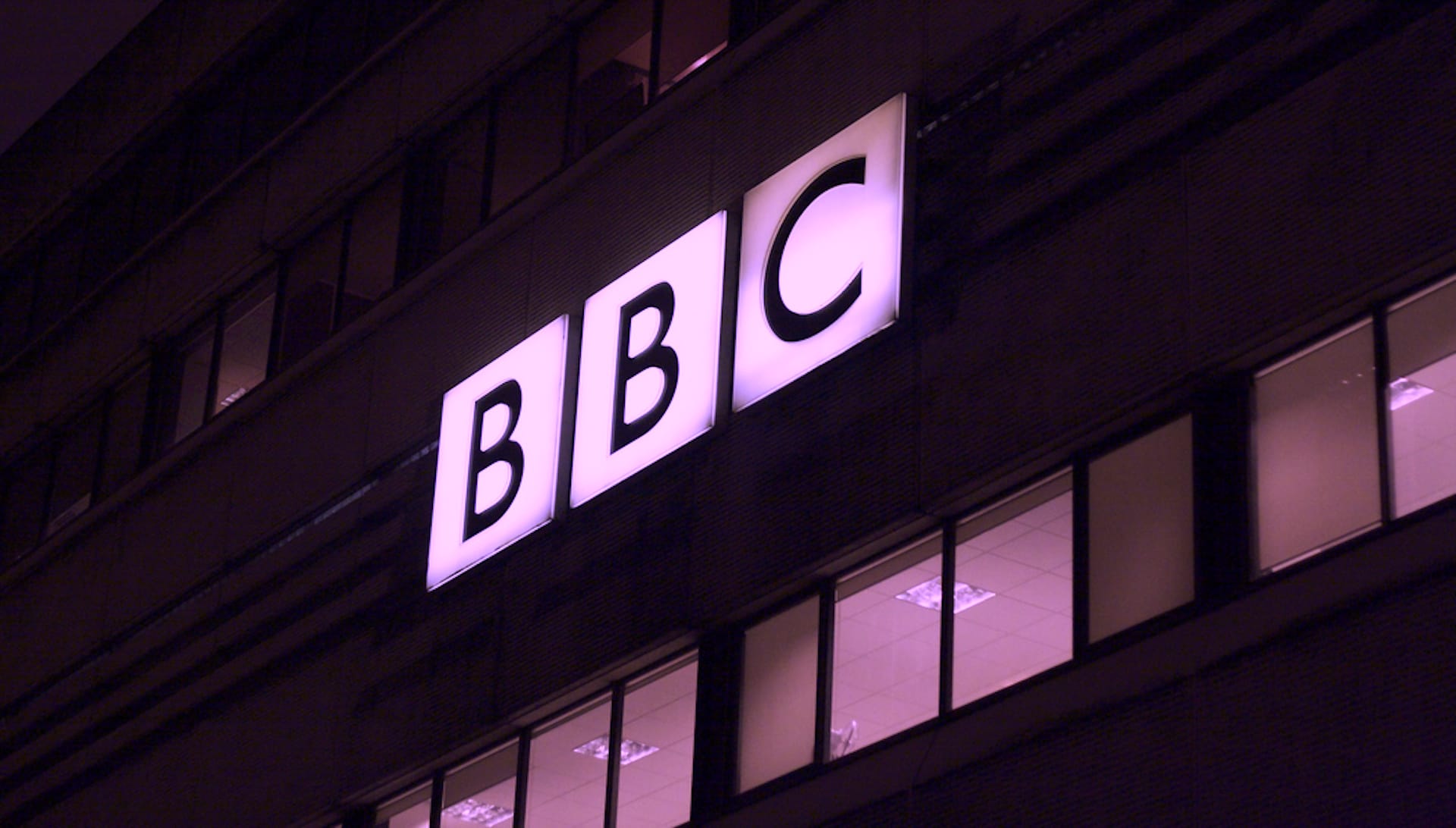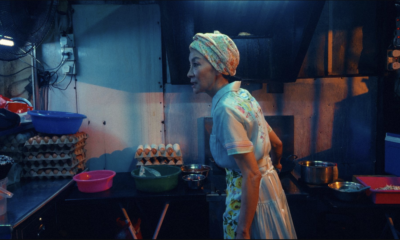Opinion
BBC raids show perpetual suspicion of independent media in India
On the morning of February 14, a team of officials from the Income Tax Department landed at the offices of the British Broadcasting Corporation (BBC) in Delhi and Mumbai for a ‘survey’ of the organisation’s finances. The survey, which ended after three days, resulted in allegations levelled against the IT officials that certain BBC staff members were not allowed to work properly during this period.
According to a report by the media watchdog Newslaundry.com the IT officials even accessed office computers and searched for certain keywords like ‘black money’, ‘taxation,’ etc.
For many this ‘survey’ appeared to be a retaliation by the Indian government, perturbed by a documentary produced and broadcast by the BBC in January. The documentary addressed Prime Minister Modi’s tenure as the Chief Minister of the State of Gujarat and blamed him for not doing enough during the Gujarat riots of 2002, and at the same time accusing the PM and his Bharatiya Janata Party of inciting a state of fear amongst the minority Muslim community in India.
While the ‘survey’ was claimed to be genuine, with the IT department asserting that the BBC was found to be underreporting its profits and that there were other financial irregularities, many have questioned the move which came only after the release of the documentary which was banned in India after the Indian government invoked emergency powers.
The incident points to a larger problem in India today, where media seen to be critical of the ruling dispensation is looked at with suspicion and at times with derision. The BBC, due to its foreign origins, is considered to be a problematic entity indulging in an intrusion into Indian politics. While S Jaishankar, the external affairs minister questioned the timing of the documentary, alleging that it was political in nature, Indian TV news anchors known for their biases attacked the BBC’s credentials and raised questions over its impartiality. This questioning of foreign bodies and organisations has not been new but has certainly picked up in the last few years where Indian news channels and government ministers have questioned the veracity of reports and surveys, calling them “erroneous” and claiming them to be a part of an international conspiracy.
The larger response from within reveals that the country today is in a perpetual state of hostility, looking at critical voices from the West and others as having ulterior motives to afflict the nation and its stability. This is why the Indian government today shows a lack of patience in dealing with critical media. It is not true that this affliction came about only recently when the BJP came to power. Even during the rule of the Indian National Congress, the Indian government was defensive towards international criticism. But under the BJP, the attempt is to attribute criticism to some sort of mischievous machination created by a shadowy organisation or government hellbent on damaging India’s growth. Hence allegations are levelled against activists and social workers for either acting based on the directions of some foreign entity or following a ‘toolkit’.
What the Indian government and its avowed followers fail to see is that the ‘foreign hand’ trope, used by former PM Indira Gandhi, does not work in the current scenario, in a time when India is not some small economic nation barely meeting the needs of its citizens, but is on the way to becoming an economic superpower.
Perhaps this is why the BBC ‘survey’ failed to gain any strong criticism from any foreign nation and the British government only felt compelled to make a statement a week after the raid had taken place. It was only after prompting by Labour members and Labour MP Tanmanjeet Singh Dhesi that the foreign office minister David Rutley stated that the British government “stands for the BBC” and that it believes in press freedom.
This delayed response lacked the vigour and assertiveness that a Western nation would use when critiquing similar cases in other countries should it deem them autocratic or antithetical to press freedom. More than anything this actually shows the place India enjoys in the world today, primarily as a potential economic superpower and as a strong ally in a multipolar world where China has been looked at as a threat by world powers.
India is already embroiled in border tension and geopolitical acrimony with its Chinese neighbours; hence is an ideal ally for an anxious world order. Adding to India’s clout is the current Ukraine-Russia conflict where India has chosen to remain neutral despite several attempts by Western nations urging India to choose their side and strengthen their presence against Russia.
This indication of India’s geopolitical strength further goes to show that the Indian government is harming itself with its abrupt and imprudent responses. Rather than turning a blind eye to unflattering coverage from any documentary or media organisation, the Indian government is full of unrestrained reactionaries acting swiftly, often further sullying their relationship with such organisations. This further depreciates India’s democratic standing and no wonder has seen its press freedom ranking on a steady decline. There also seems to be a lack of structure in dealing with the press. Any criticism from the media is met with a number of conspiracy theories questioning their motives rather than intelligent responses. Responses such as these prove the critics right and present the nation as insecure.
Amidst all this, the BBC has issued a statement reiterating its impartiality and has proclaimed that it will continue its work “without fear or favour.” The Indian government should also make amends and rectify its mistakes to maintain its reputation as a democracy and not give in to reactionary urges or its own victimhood complex.
Disclaimer: The views and opinions expressed in this article are those of the authors and do not necessarily reflect the official policy or position of the publication










































Pingback: The BBC raids represent the constant suspicion of independent media in India Opinion
Pingback: BBC raids show perpetual suspicion of independent media in India – India Inc Blog